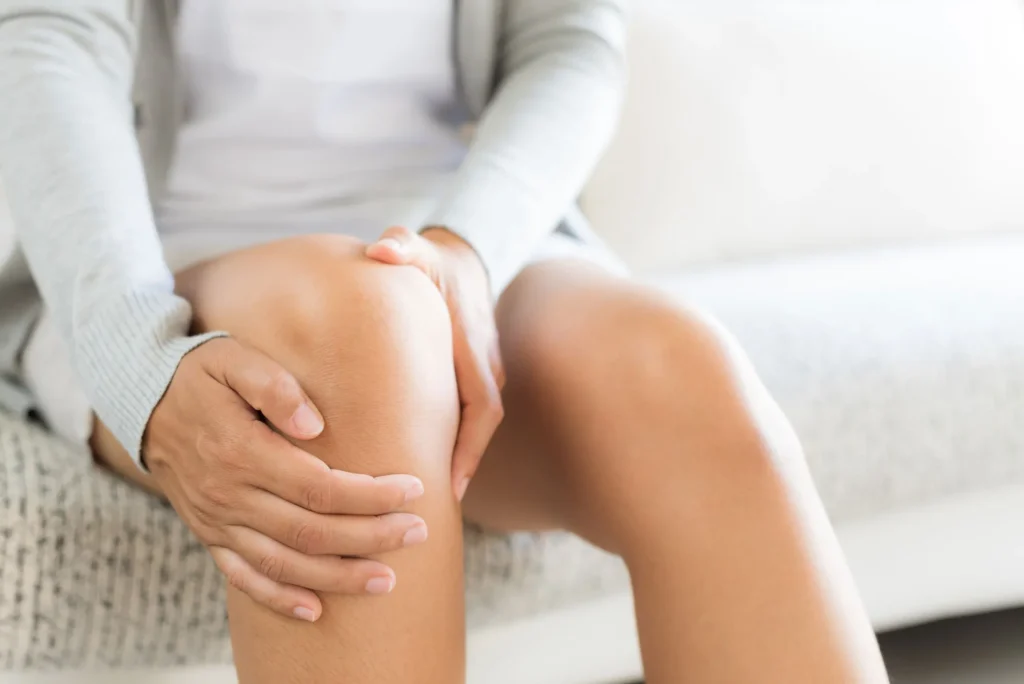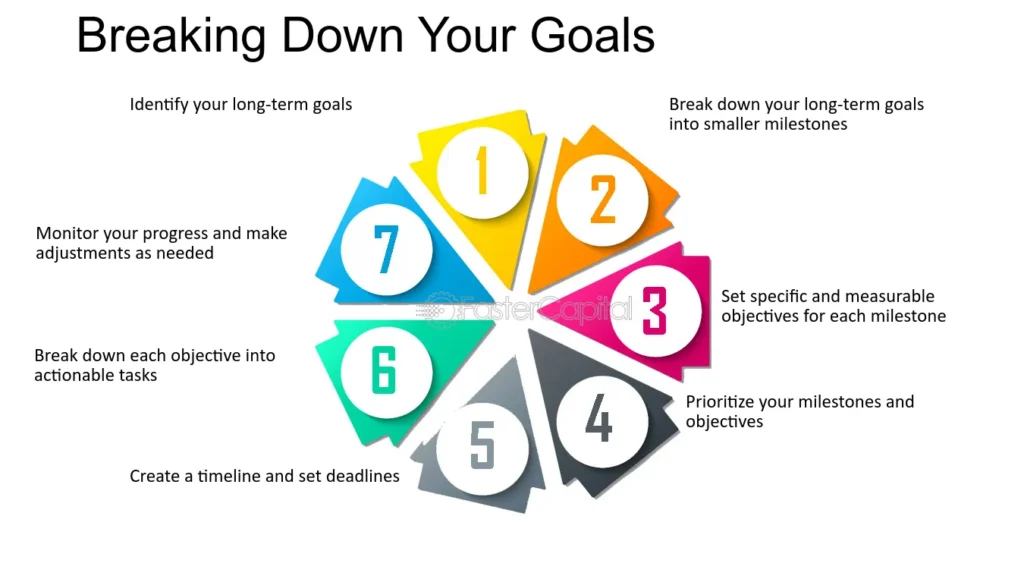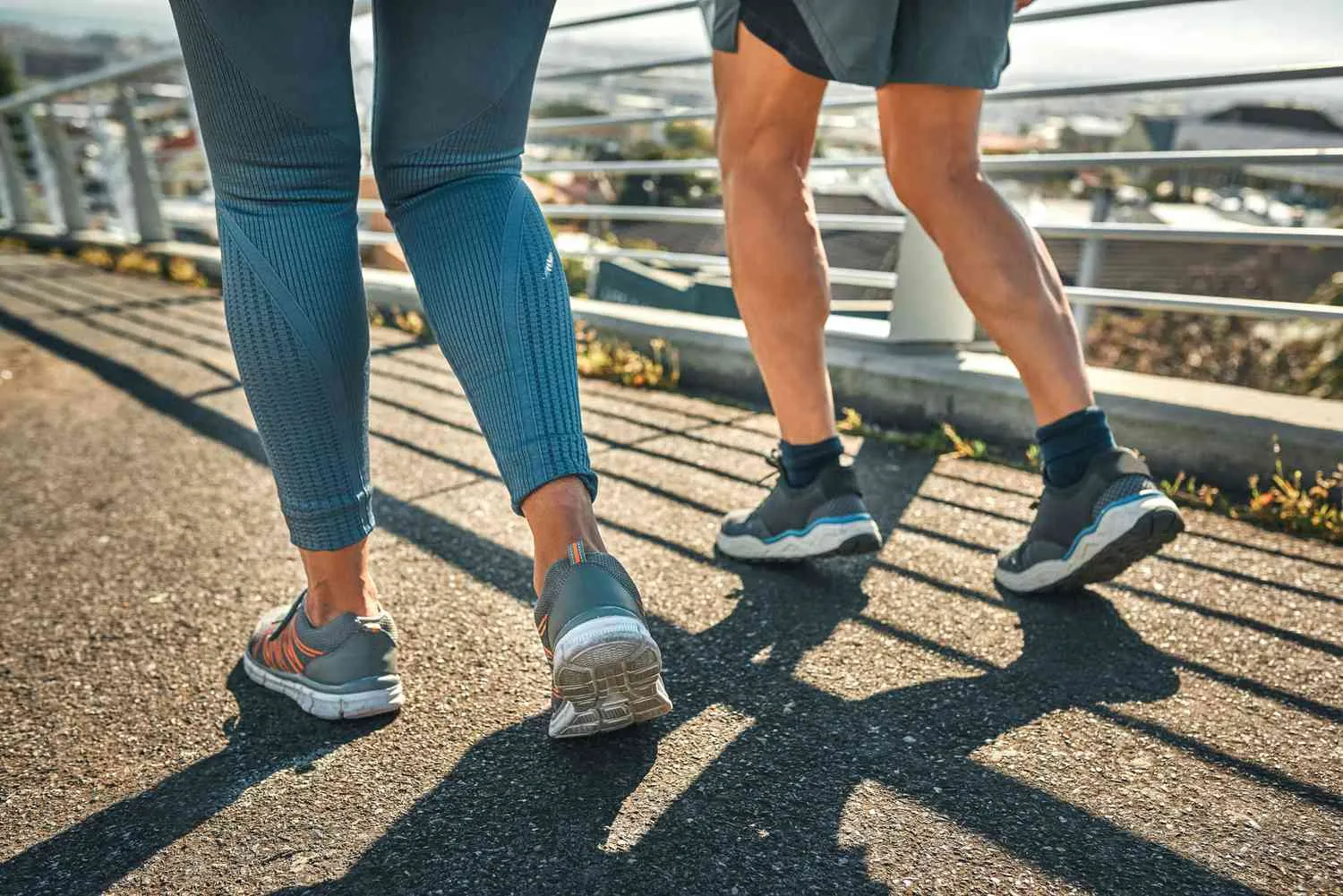Walking is an easy way to get healthier, no matter your age or fitness level. Adam Mills, an expert, says walking is safe and good for you. Fitness expert Denise Austin loves it for exercise. What does walking do, and how do you start? Dr. Melina B. Jampolis, author of *The Doctor on Demand Diet*, says walking for 30 minutes a day is helpful. It can stop health problems and save money on healthcare. Walking lowers blood pressure, helps your brain, and keeps your heart strong. It also helps you relax. As Austin says, “It’s great for stress.” You can walk with a friend too. Keep reading to learn more about the benefits and tips to start.
Benefits of walking
1. Improve your mood

Taking a walk is an easy way to feel better, says Dr. Jampolis. Research shows that even just 10 minutes of walking can boost your mood. The effect can be even stronger if you walk through nature. “Regular walking can change your nervous system, lowering feelings of anger and hostility,” Dr. Jampolis explains, especially when you walk in nature or get some sunlight. This can be really helpful during colder months when seasonal depression is more common. Walking with someone—like a partner, neighbor, or friend—can also make you feel more connected, which can lift your spirits.
2. Burn calories and maintain a healthy weight

As you walk more, you might notice your pants fitting looser around your waist, even if your weight doesn’t change much, says Dr. Jampolis. This happens because walking regularly helps reduce fat and improve how your body responds to insulin. Want to burn more calories? Try walking outside on a route with hills, switch between fast and slow walking, and challenge yourself to beat your previous times on the same route, suggests Austin. If you’re aiming high, try hitting 10,000 steps a day. “Walking daily boosts your metabolism, burns extra calories, and helps prevent muscle loss, which is especially important as we age,” says Ariel Iasevoli, a personal trainer. You don’t need a treadmill to get these benefits. Austin shares that one of her clients reduced body fat by 2% in a month just by walking home from work, a walk that was just under a mile. To really boost your results, try adding intervals, says Michele Stanten, a walking coach. Speeding up for short periods during a 30-minute walk can burn more calories than a steady pace. To add intervals, warm up for 3 minutes, then alternate between 1 minute of fast walking and 1 minute of brisk walking for 25 minutes. Finish with a 2-minute cool down.
3. Improve heart health

Walking can help lower your blood pressure, which is good for your heart. Research shows that for every 1,000 steps you take, your systolic blood pressure can drop by 0.45 points. So, if you walk 10,000 steps a day, your blood pressure could be 2.25 points lower than someone who walks only 5,000 steps.A well-known study in *The New England Journal of Medicine* found that people who walked enough to meet exercise guidelines had a 30% lower risk of heart problems like heart attacks or strokes. Another study showed that for older adults, taking 500 extra steps each day was linked to a 14% lower risk of heart disease, stroke, or heart failure.
4. Reduce risk of chronic diseases

A 2022 study in *Nature Medicine* found that walking can lower your risk of many chronic diseases. Walking 8,200 steps a day helped reduce the risk of conditions like obesity, sleep apnea, GERD, depression, type 2 diabetes, and high blood pressure. The study also showed that walking more steps brings even more health benefits.The American Diabetes Association recommends walking to help lower blood sugar levels and reduce the risk of type 2 diabetes. A 2022 study in *Sports Medicine* found that just two minutes of walking after a meal can lower blood sugar. Even short walks can make a difference.However, for preventing disease, longer walks are better. Stanten suggests doing a one-hour walk at least once or twice a week.
5. Help stress

If you’re feeling stressed, taking a walk can really help you feel better. Walking can lower cortisol, the stress hormone, and helps you relax, says Joyce Shulman, co-founder of 99 Walks & Jetti Fitness. A 2018 study showed that just 10 minutes of walking can reduce anxiety, lower depression, and improve focus. Walking outside, especially in nature, is especially good for relieving stress. If you’re feeling overwhelmed or anxious, going for a walk in the fresh air can help you feel calmer and more at ease. Whether it’s a short walk around the block or a longer stroll, being outside in nature can make a big difference in how you feel.
6. Improve sleep

Regular exercise can help you sleep better. It helps your body make melatonin, which is the hormone that helps you sleep. A study in 2019 found that women who exercised lightly to moderately slept better than those who didn’t. Another study showed that people who walked every day slept better and longer. Walking also helps reduce pain and stress, which can make it hard to sleep. Being active helps you relax and get ready for bed. Even just walking can improve your sleep. If you have trouble sleeping, try walking every day. Exercise can help you fall asleep faster and stay asleep longer. Moving your body can help you sleep better and feel healthier.
7. Boost brainpower

Walking helps your brain work better. A study showed that people who walked for one hour, three times a week, made decisions faster than people who attended seminars. Walking also helps older women’s brains. This happens because walking increases blood flow to the brain, helping it work better. Walking improves memory, focus, and decisions. The more you walk, the better your brain works. Even walking a few times a week can help. Walking keeps both your body and brain healthy. It’s an easy way to keep your brain sharp as you get older. Walking is simple and good for your mind and body!
8. Alleviate joint pain

Walking can actually improve your flexibility and mobility. It helps increase blood flow to tight areas and strengthens the muscles around your joints.Research shows that walking for just 10 minutes a day, or an hour a week, can prevent disability and reduce arthritis pain in older adults. A 2019 study in the American Journal of Preventive Medicine looked at 1,564 adults over 49 with joint pain. Those who walked for an hour each week were more likely to stay disability-free after four years. Another study found that walking is a safe, affordable, and easy way for people with arthritis to stay active, no matter their fitness level.
9. Delay the onset of varicose veins

As you get older, your chances of getting varicose veins increase, but walking can help prevent them, says Dr. Luis Navarro, founder of The Vein Treatment Center in New York City.He explains that your veins, muscles, and valves in your calf and foot make up a system called “the second heart,” which helps push blood back to your heart and lungs. Walking strengthens this system by building leg muscles, improving blood flow.If you already have varicose veins, walking every day can help reduce swelling and discomfort in your legs. Dr. Navarro also adds that if you’re more likely to get varicose or spider veins, walking can help delay them from forming.
10. Stimulate the digestive system

If you usually rely on coffee to help your digestion, try switching it with a morning walk. Walking regularly can help improve your bowel movements, says Tara Alaichamy, a rehabilitation expert. After abdominal surgery, walking is one of the first things patients are asked to do because it helps engage the muscles in the core and abdomen, which gets the digestive system moving. So, when you walk, your bowels start moving too. This simple activity can make a big difference in how your body digests food. Walking is an easy way to support your digestion and feel better each day. It’s a natural way to keep things moving and can help you feel more energized. Adding a daily walk to your routine could improve how you feel and help with digestion.
11. Kickstart your immune system

Walking and moderate exercise help your immune system work better. They increase the number of immune cells that fight off germs, lowering your chances of getting very sick. If you do get sick, research shows that people who walk more spend less time in the hospital. One study even found that regular walkers have a lower risk of dying from pneumonia than those who don’t exercise. Walking helps your body stay strong and fight infections, making it easier to stay healthy.
12. Protect bones

Walking is good for keeping your bones strong and healthy. It can help prevent bone loss as you get older. According to the Mayo Clinic, walking helps the bones in your legs, hips, and lower spine stay strong by slowing down bone density loss. A 2022 study in PLOS ONE found that brisk walking is a great way to improve bone density. The study suggests walking briskly for 30 minutes a day, at least three times a week, to help prevent bone loss in premenopausal women. Walking regularly can help keep your bones strong as you age.
13. Enhance creativity

If you’re stuck at work or can’t solve a problem, moving around might help. A study in 2014 found that walking can make you think better. People did better on creative tests when they walked than when they sat. Dr. Jampolis says walking helps your brain work better. If you’re having trouble with something, try taking a walk. It can clear your mind and help you come up with new ideas. Walking is a simple way to change your routine and see things in a new way. Even a short walk can help you find a solution. Taking a few minutes to walk can help your brain rest and think clearly. Walking can help you think of ideas you might have missed. So, if you’re stuck, try walking to help you solve the problem.
14. Make other goals seem more attainable

When you make walking a regular habit, you’ll create a routine that can help you keep going and take on other healthy habits. “Our bodies aren’t made to sit still all day. Any movement is better than none, and finding the right type of movement for your age and fitness level is key to staying motivated,” says Marisa Golan, a certified personal trainer and fitness coach. For older adults, walking is a great way to get your muscles moving and your heart rate up. You can even speed up to a brisk walk to raise your heart rate more. Walking can also boost your belief in yourself and your health goals. A recent study of nearly 5,000 adults found that those who walked regularly had better health perceptions and were more likely to have improved mental health.
15. Boost longevity

Walking can help you live longer, and it doesn’t take much to see results. A study showed that walking 10 to 59 minutes a week lowers the risk of death by 18% compared to not exercising. If you walk 150 minutes a week, in at least 10-minute sessions, your risk drops by 31%. The faster you walk, the more your risk of death goes down. Walking keeps your heart and lungs healthy, which helps you live longer. Even if you walk just a little, doing it often can improve your health and add years to your life.

[…] and give me 20! Pushups are a simple yet powerful bodyweight exercise that works many muscles at once. They’re easy to do anywhere and don’t need any equipment. When […]